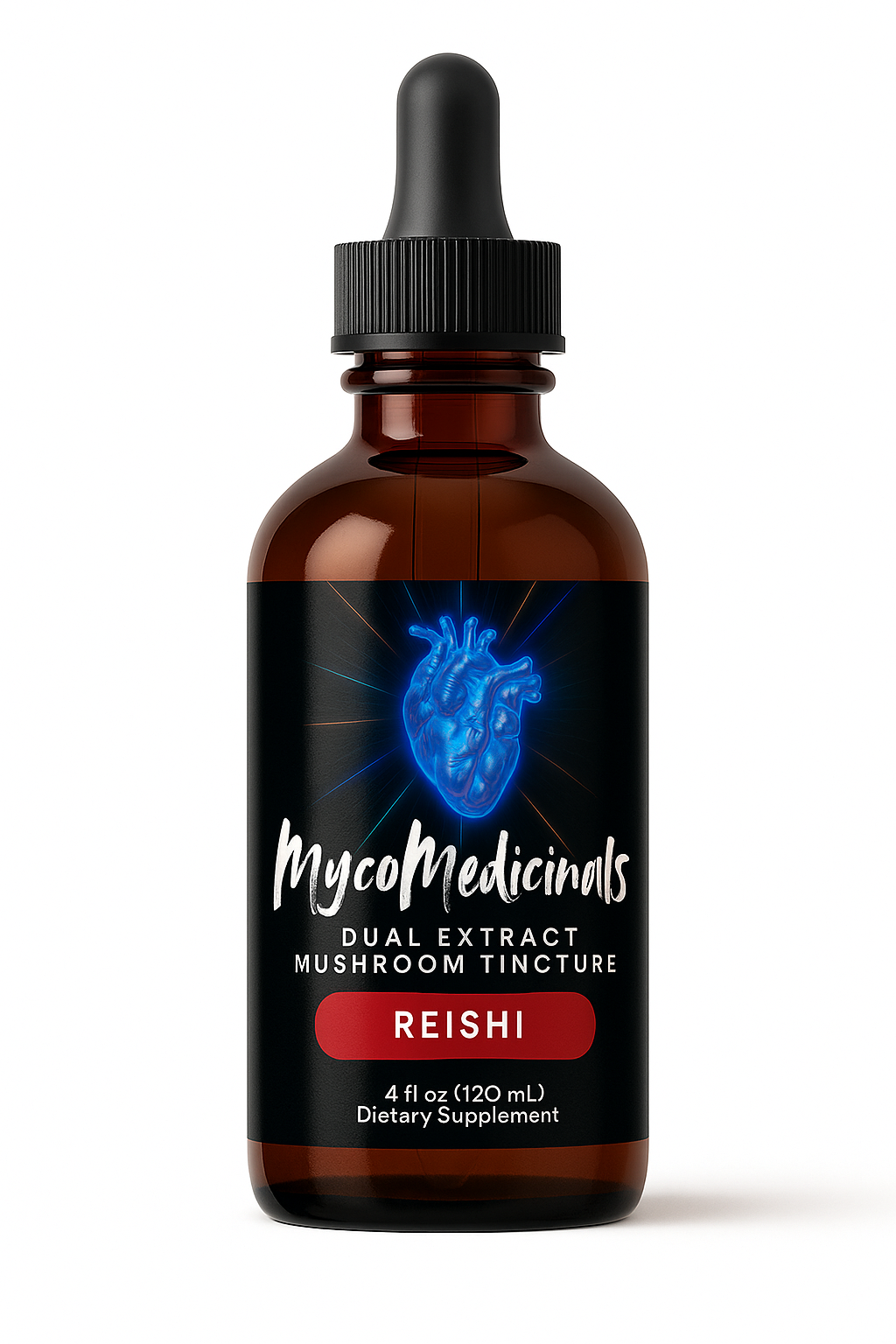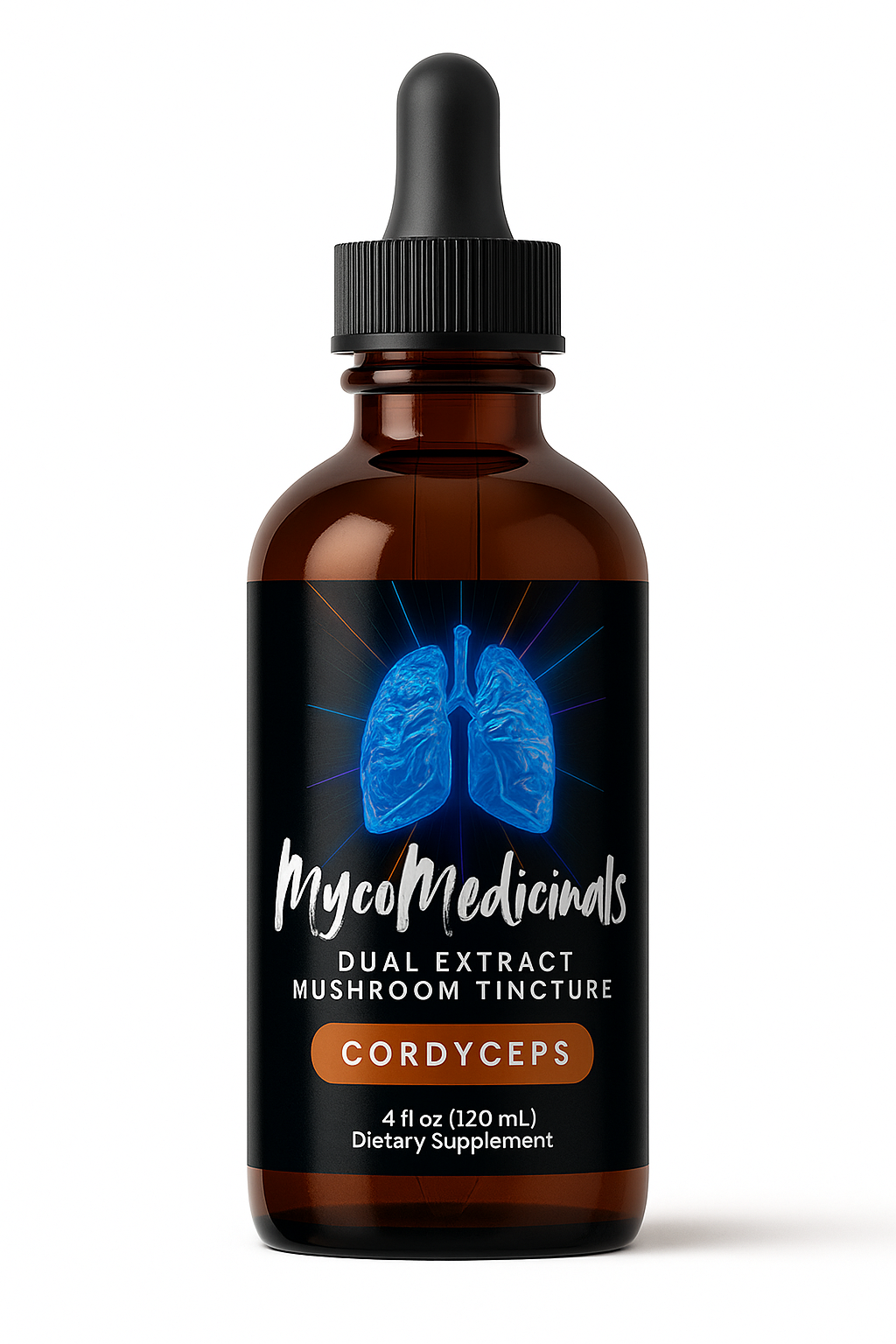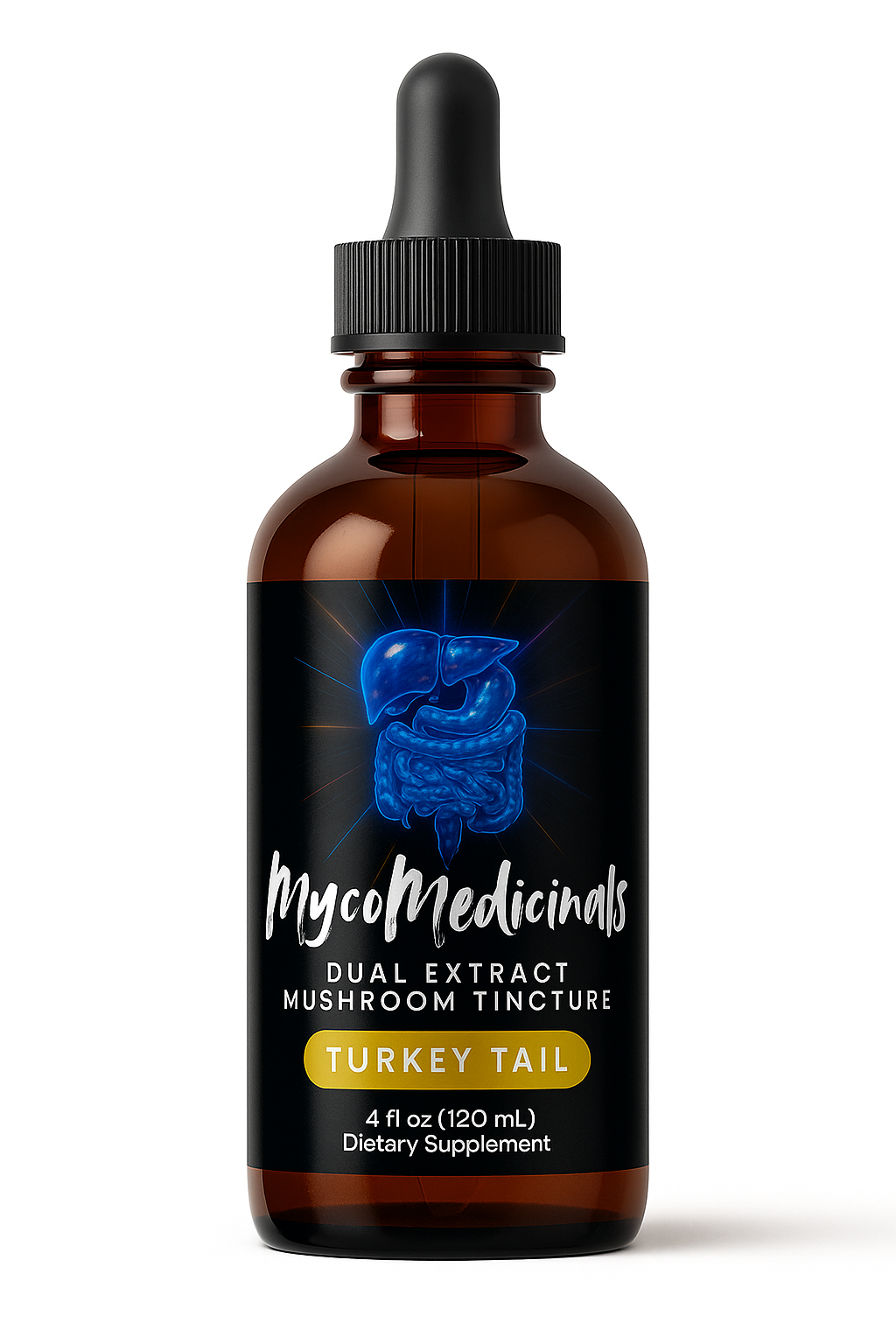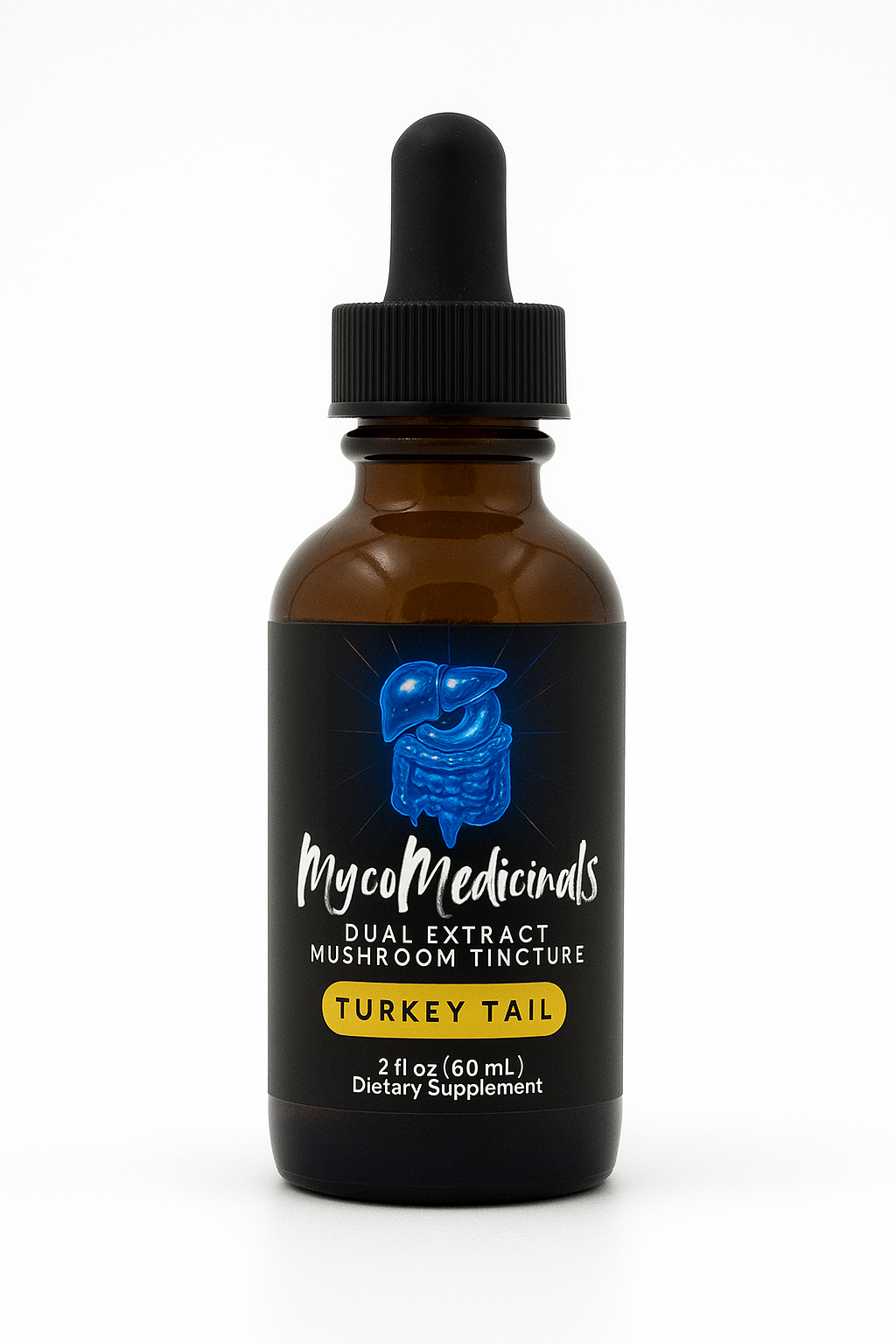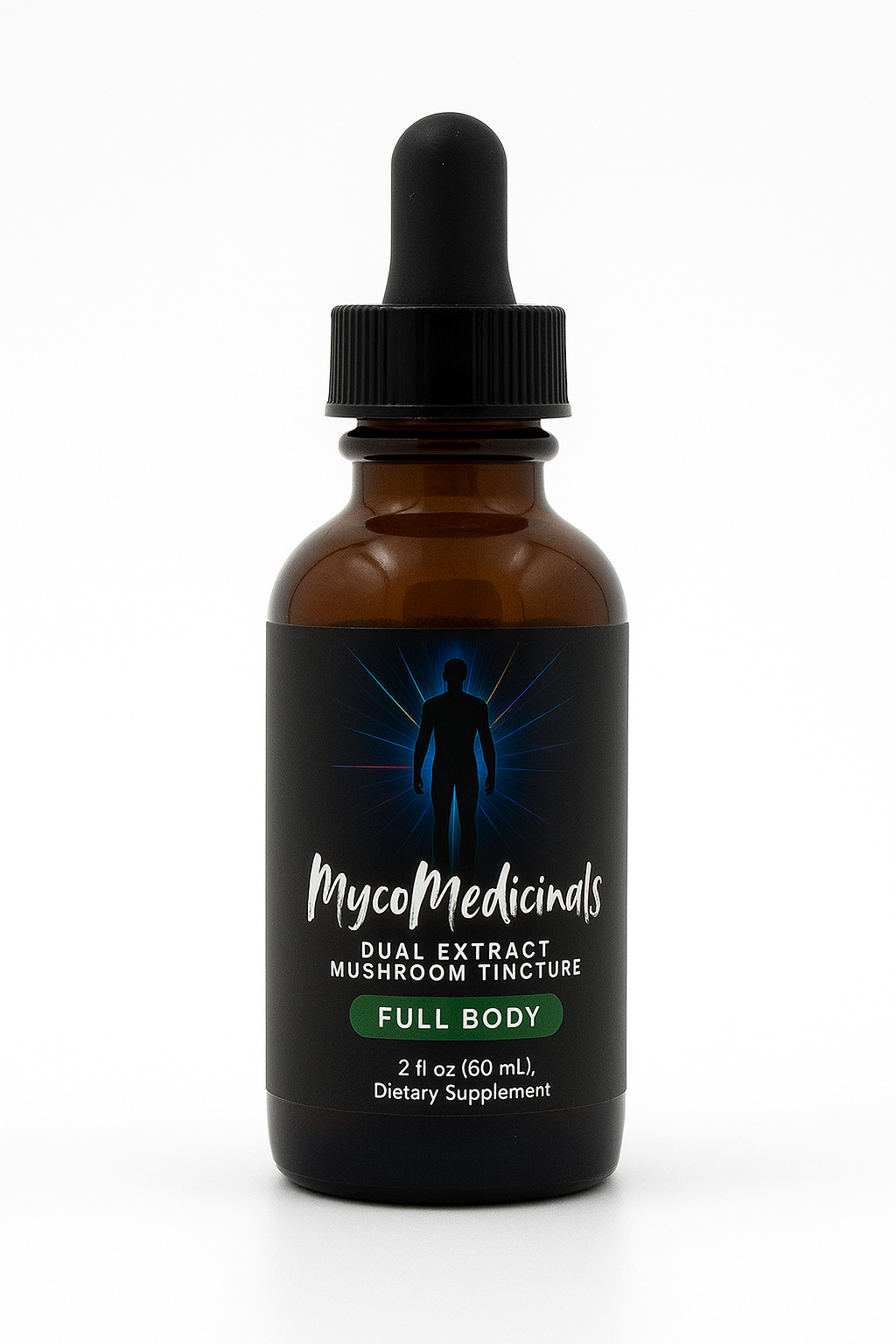The Rise of Functional Foods: Why Your Groceries Are Starting to Look Like Medicine
Walk into any grocery aisle and you’ll see it: food no longer just sells flavor, it sells function. From probiotic-rich yogurts for gut health, to protein pasta for muscle recovery, and even MycoMedicinal tinctures crafted from adaptogenic mushrooms for focus and stress support, our shopping carts are starting to look a lot like medicine cabinets.
But here’s the truth — while functional foods feel futuristic, they’re not actually new. For centuries, cultures around the world have leaned on certain foods for healing. Think turmeric in India for inflammation, or fermented kimchi in Korea for gut health. What’s happening now is that modern nutrition science is catching up to those traditions and giving them a new platform.
What Are Functional Foods?
Functional foods are everyday items — like drinks, snacks, or supplements — that are enhanced with ingredients thought to provide health benefits beyond basic nutrition. For example:
Probiotics → gut balance and digestion (NIH source)
Omega-3 fatty acids → brain and heart health (Harvard Health)
Adaptogens like reishi or ashwagandha → stress resilience (Cleveland Clinic)
Science is still emerging, but the evidence is growing that what we eat doesn’t just fuel us — it actively shapes our immunity, mood, and longevity.
The Promise vs. The Packaging
Here’s where it gets tricky: wellness marketing. A brightly labeled soda that says “immune-boosting” might only have a sprinkle of vitamin C. That’s why it’s important to look for real, science-backed functional foods rather than falling for trendy buzzwords. If the science doesn’t stand behind it, you’re just paying extra for packaging.
Why It Matters Now
In the U.S., chronic conditions like diabetes and heart disease are rising, yet access to healthcare is increasingly difficult. Food that doubles as medicine feels like an empowering tool — one that lets people care for their health daily without waiting for a prescription. But it only works if we cut through the noise and lean on evidence-based choices.
Bottom line: Functional foods are not magic bullets, but they can be meaningful allies in health when chosen wisely. As the lines between the grocery store and the pharmacy continue to blur, one thing remains clear: science — not marketing — should guide what we put on our plates.
Shop MycoMedicinals

